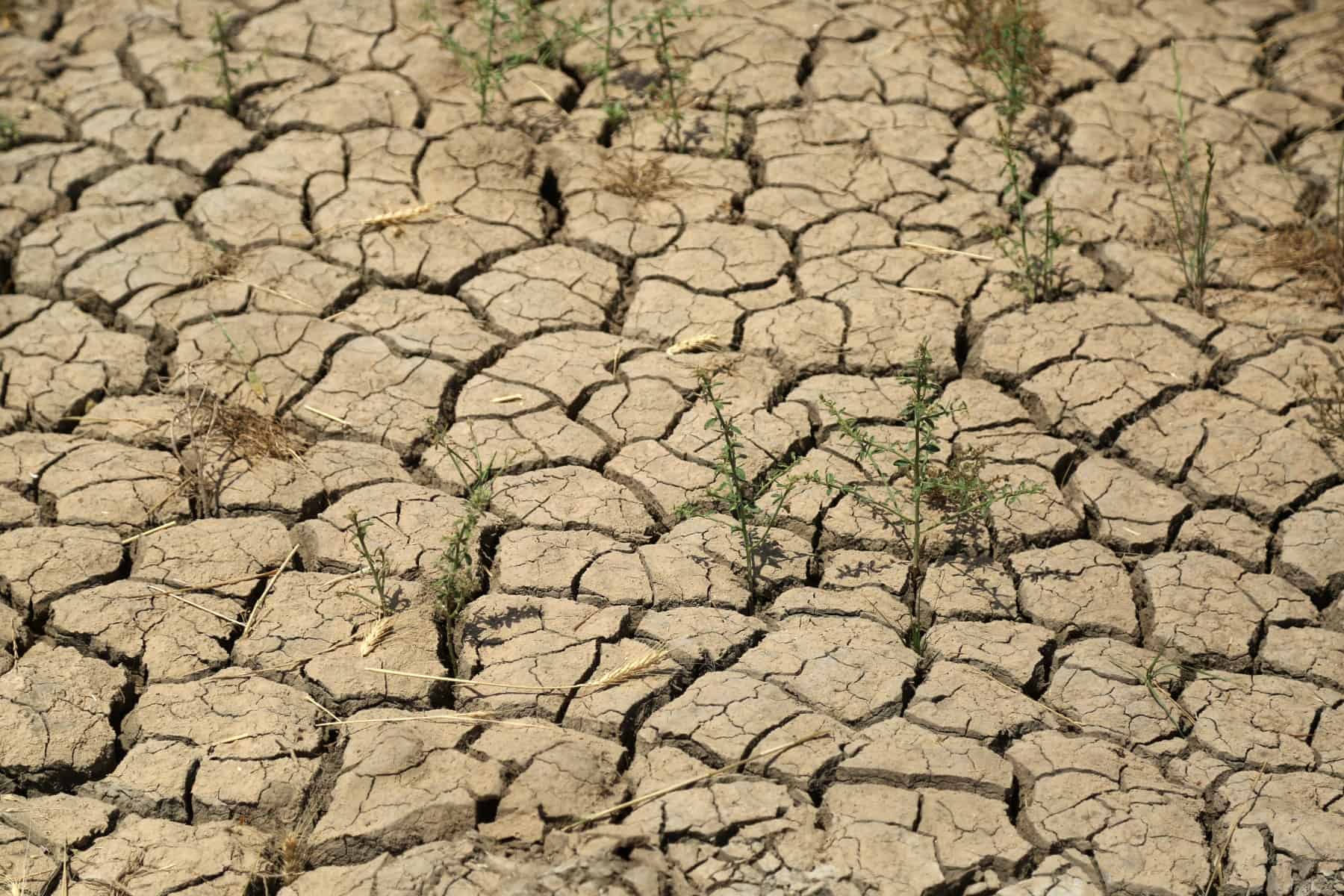Some 1,200 Iraqi families have been forced out of southern marshes and farmlands over the past six months, a local official told AFP, as drought ravages swathes of the country.
The Mesopotamian Marshes, a UNESCO World Heritage site, have been battered by low rainfall and reduced flows in the Tigris and Euphrates rivers due to dams built upstream in Turkey and Iran.
Oil-rich Iraq, battered by decades of war, is also the world’s fifth-most vulnerable country to some key effects of climate change, including water scarcity and desertification, say the United Nations.
Saleh Hadi, head of the agriculture authority in Dhi Qar province, said “about 1,200 families of buffalo herders and farmers in the marshes and other areas of the province were displaced from their homes do to water shortages”.
The mass exodus began in April, Hadi said, adding that more than 2,000 buffaloes had died as a result of the drought.
“Half of the families have moved closer to the river in areas of north of Nasiriyah,” the regional capital, he added, while others have relocated to central and southern provinces such as Babylon, Kut, Karbala and Basra.
According to Hadi, the Dhi Qar’s Chibayish marshes and the village of Manar in the Hammar marshes were hit particularly hard, but families have also left Umm al-Wadaa and farming lands in Sayyed Dakhil, Suk al-Shuyukh and al-Islah.
Iraq’s water resources minister last month said that 2022 has been “one of the driest years Iraq has seen since 1930,” citing three consecutive years of low precipitation and reduced river flow.
This summer, vast swathes of wetland in Hawizah, along the border with Iran, as well as in the touristic Chibayish region have dried up.
The UN Food and Agriculture Organization noted in July “unprecedented low water levels” in the marshes, “one of the poorest regions in Iraq and one of the most affected by climate change”.
The agency underlined the “disastrous impact” on more than 6,000 families living in that area who “are losing their buffaloes, their unique living asset”.








